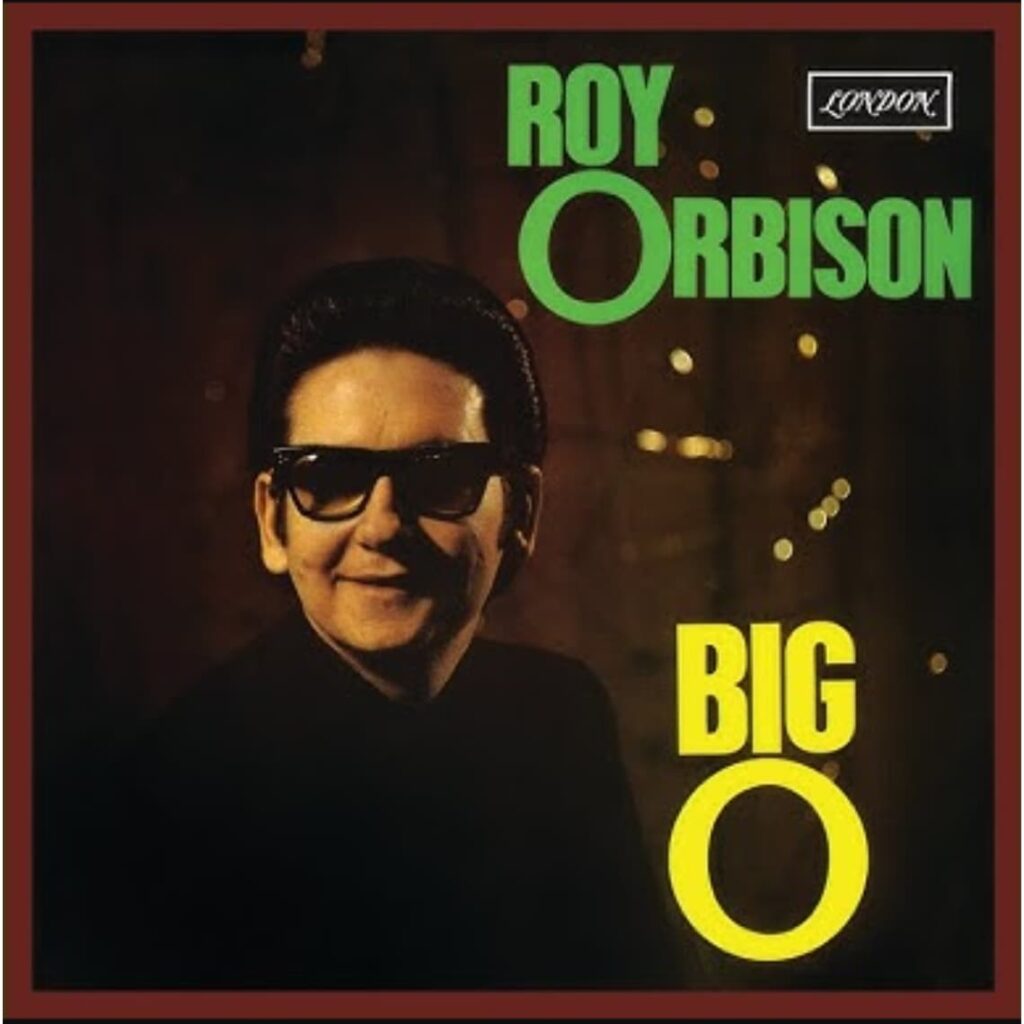
The whimsical innocence of a childhood memory captured in song.
Ah, the year 1969. It was a time of seismic shifts, of cultural awakenings, and of a certain kind of innocence that now seems so very long ago. While the world was caught up in the fervor of Woodstock and the moon landing, another kind of magic was quietly unfolding on the airwaves, delivered by a voice that could break a heart with a single note. It was in this year that the inimitable Roy Orbison offered us a beautiful, if somewhat overlooked, gem: “Penny Arcade”.
This wasn’t the haunting lament of “Crying” or the dramatic sweep of “Oh, Pretty Woman.” Instead, “Penny Arcade” was something different entirely—a rare burst of pure, unadulterated joy from an artist often associated with profound melancholy. The song, a delightful throwback to a simpler time, served as a beacon of light in his discography. It’s a track that feels like sunshine on a rainy day, a playful wink from an artist known for his tearful ballads.
For those of us who remember those days, the song holds a special place. It wasn’t just a hit; it was a feeling. A feeling of walking into an old-fashioned arcade, the air thick with the scent of popcorn and the jangle of coins. The song’s upbeat, almost jaunty melody and Orbison’s surprisingly cheerful delivery paint a vivid picture of a world where happiness could be bought for a few cents. It’s a world we’ve since left behind, but one that this song so masterfully allows us to revisit.
The story of “Penny Arcade” is as intriguing as the song itself. Penned by the talented Sammy King, the track found a home on Orbison’s album, The Big O. But its impact was felt far beyond the album’s tracklist. While it might not have been a smash hit in his native America, it found a truly passionate audience Down Under. In Australia, the song didn’t just chart—it dominated, holding the coveted number one spot for an incredible four weeks. This was Orbison’s biggest Australian hit, a testament to the country’s enduring love for his music.
In the UK, the story was a little different but no less significant. “Penny Arcade” reached a respectable number 27, marking a bittersweet milestone. It was, sadly, to be his final UK chart success in his lifetime. This fact adds a layer of poignancy to the song, turning it from a simple cheerful tune into a beautiful, final farewell to the British charts from a true legend. It serves as a reminder of the cyclical nature of fame, a final, happy wave from an artist who had given us so much over the years.
Listening to “Penny Arcade” today feels like opening a time capsule. It’s a reminder of a bygone era, of simpler pleasures, and of the enduring power of a good melody to transport us back in time. It’s not just a song; it’s a memory—a gentle, humming whisper of a time when the world seemed a little less complicated, and a little more full of wonder. It’s a testament to the multifaceted genius of Roy Orbison, proving that even a master of heartache could find and share moments of pure, unfiltered joy. And in this reflection, we find ourselves smiling, remembering a time when a simple trip to the arcade was all the happiness we needed.